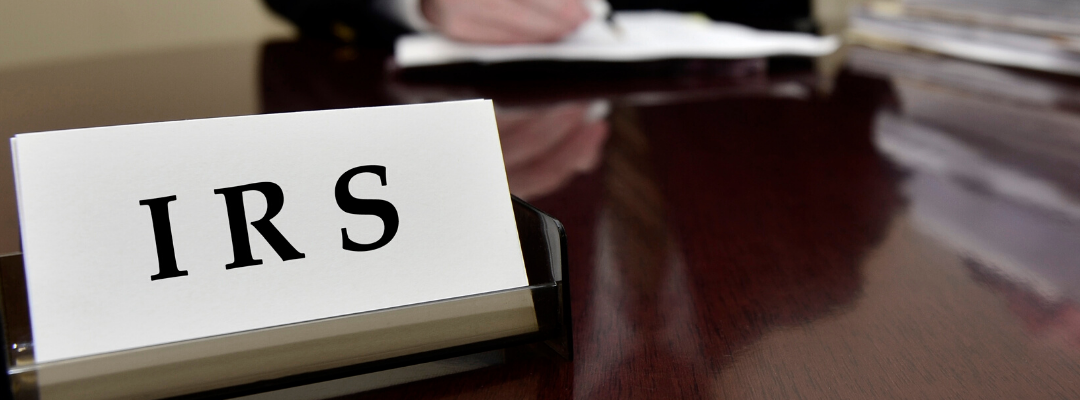25.5.4.5.6 (07-14-:2015) Statutory limitations on Acquiring Credit Reports From a Consumer Reporting Agency Summons Required (1) The Fair Credit Reporting Act (FCRA) restricts the means by which the Service can obtain a taxpayer’s credit report from a consumer reporting agency. The Service must not try to obtain a credit report by informal means. Where the Service has an assessment lien against the taxpayer, has reduced a taxpayer’s liability to judgment, or has entered into an offer in compromise or settlement agreement with the taxpayer (I.e. the credit report is used to collect an assessed tax), the Service can obtain a full credit report pursuant to 31 USC 3711(h)(2) without issuing a summons. (2)1 The Service must serve an IRC 7609 third-party summons on the consumer reporting agency when the purpose of the summons is not to assist in collecting an assessed tax. The consumer reporting agency must produce the summoned materials unless a noticed files a timely petition to quash. It is not necessary for the Service to obtain a district court order enforcing the summons before the consumer reporting agency is allowed to produce the summoned documents. The consumer reporting agency may rely on the Service’s certificate stating Chat the consumer has not filed a timely petition to quash. This certificate is found on the reverse of the summons form and is titled “Service of Summons. Notice and Record keeper Certificates.” The Fair Credit Reporting Act allows a consumer reporting agency to provide government agencies with a consumer’s name. address. former addresses, places of employment, or former places of employment. The Service can obtain this information without issuing a summons. As indicated above, the Service can also obtain a credit report without a summons if the sole purpose of securing the report is to collect an assessed tax.
I have lost count of how many times I have been asked, how did they find that bank account? When the IRS has filed a lien, changed the liability to a judgement, or if the taxpayer is in a settlement plan with the IRS, the IRS can obtain your FULL credit report without a summons. Yes, that’s right. See IRM 25.5.4.5.6 above. Now, remember that your credit report does list credit cards, residences in the last few years, employment information, ALL THAT. They can summon your records at the different banks that you have credit cards at, banks within a few miles of your home or office.
The IRS uses summons to get information about you from 3rd parties. Third parties can include your bank, employers and in some cases when you have been really being evasive, they send letters to your neighbors to. That is very embarrassing, but trust me, I have seen it happen a lot. The IRS has access to public records, databases, social media and lots more. They are the government, as long as you owe them money, they have the resources to find you.
I had a client who the IRS had been requesting information from for years, he did not respond, the IRS agent eventually did a full search on him and found a vintage car worth over $30,000 in his name. If its in your name and its out there, they will find it. I had another client come to me stating that the limousine he used for his business was seized by the IRS.
It is always best for you to come forth instead of being chased down, the IRS is not to be ignored. Once you decide you are ready to take care of this IRS mess, you are controlling the narrative. You are reducing your exposure.
Need help resolving tax debt with the IRS? Call us today. (713) 322-5600.
